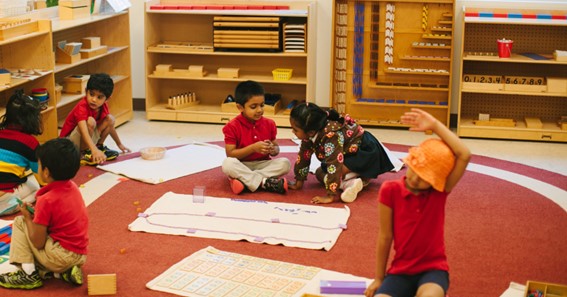Many parts of the teacher job can lead to ethical quandaries of some form. Your duties as advisor, examiner, exam supervisor, authoritative figure, and peer can all be challenging at times, especially if they have competing needs. Many teachers may accidentally indulge in what students believe to be unjust behaviour since fairness is a judgment based on perceptions of behaviour rather than motives.
Although it would seem that result or procedural fairness would be the most important to students since it affects their marks, research has indicated that breaching of interactional fairness is the most serious. Interactional fairness relates to the quality of the instructor-student connection and includes neutrality, honour, care for their welfare, honesty, and proprietary. We’ve included some pointers on how to be fair and morally upright in the classroom, so you may prevent as many issues as possible.
Click here – How To Make Children More Organized?
1.Impartiality/ Neutrality- Students expect a teacher to regard each student fairly. Few teachers choose to favour particular students over others on purpose, yet it’s almost hard not to enjoy some pupils more than the others. Differential liking can lead to a variety of actions, such as permitting particular students to control discussions regarding how to sell courses online, or providing them all the opportunities without rationally understanding their calibre. Even little changes in how pupils are addressed can give the impression of favouritism when there is none. Watch your behavior and relationships with all pupils to stop giving the sense of prejudice.
- Respect- Respect entails treating pupils with decency. In any instances, mocking a student or labelling a student’s comment “dumb” is improper. Students want a teacher to listen to their ideas, analyse them thoroughly, and respond thoughtfully when they disagree with the teacher’s point of view. Students lose all respect for a teacher who is viewed as aggressive or insulting, either explicitly or implicitly by sarcastic tone, facial gestures, or postures.
- Tolerance- Patience is a very critical skill for teachers as they need to tolerate late submissions, students’ resentment etc. Tolerance is particularly difficult to maintain when pupils are actively misbehaving in the classroom. Students, on the other hand, want instructors to be courteous in certain instances. For example if students are not able to prepare their assignment on how to create an online course within the due time, they would expect teachers to be patient with them, and spare them some extra time to complete the assignment. If you are confronted with rudeness, strive to stay respectful and cool, since this will serve as an example for kids. Meeting individually with a misbehaving student is always permissible, since this allows you to be more explicit in teaching school deportment norms.
- Sincere care- Students expect their professors to be concerned for them and their grades. Remembering and using pupils’ names, interacting with them prior to and after class, thoroughly giving information, and inviting students who have or have had difficulty with the subject to discuss the possible solutions to the problems. You can also show concern by carefully considering student complaints, taking corrective action when they are valid, and properly expressing your perspective when they are not accurate.
- Honesty- Honesty entails being transparent and clear, as well as describing your rules, processes, and choices, as well as why they are required, so that their fairness may be assessed. An attendance regulation, for instance, may be justified since attendance is linked to improved learning and results. It’s also a good idea to explain the educational aims of different kinds of tasks. You can also show your integrity by following through on stated rewards and punishments, as well as admitting your mistakes when necessary.
- Propriety- Propriety refers to behaviour that is socially acceptable and does not upset students’ feelings. Even if you assume there is instructional benefit in breaching the rules, students want you to uphold them when you communicate with them. According to studies, most students believe it is unacceptable for a teacher to relate an off-color anecdote or joke in most, if not all, cases. Similarly, broadcasting an emotionally distressing film without first informing students was deemed unacceptable. Students also expect professors to respect their privacy; all students believe that forcing them to share extremely personal material in a classroom discussion is unacceptable.
Click here – Things to keep in mind while inviting guests to your rental flat
